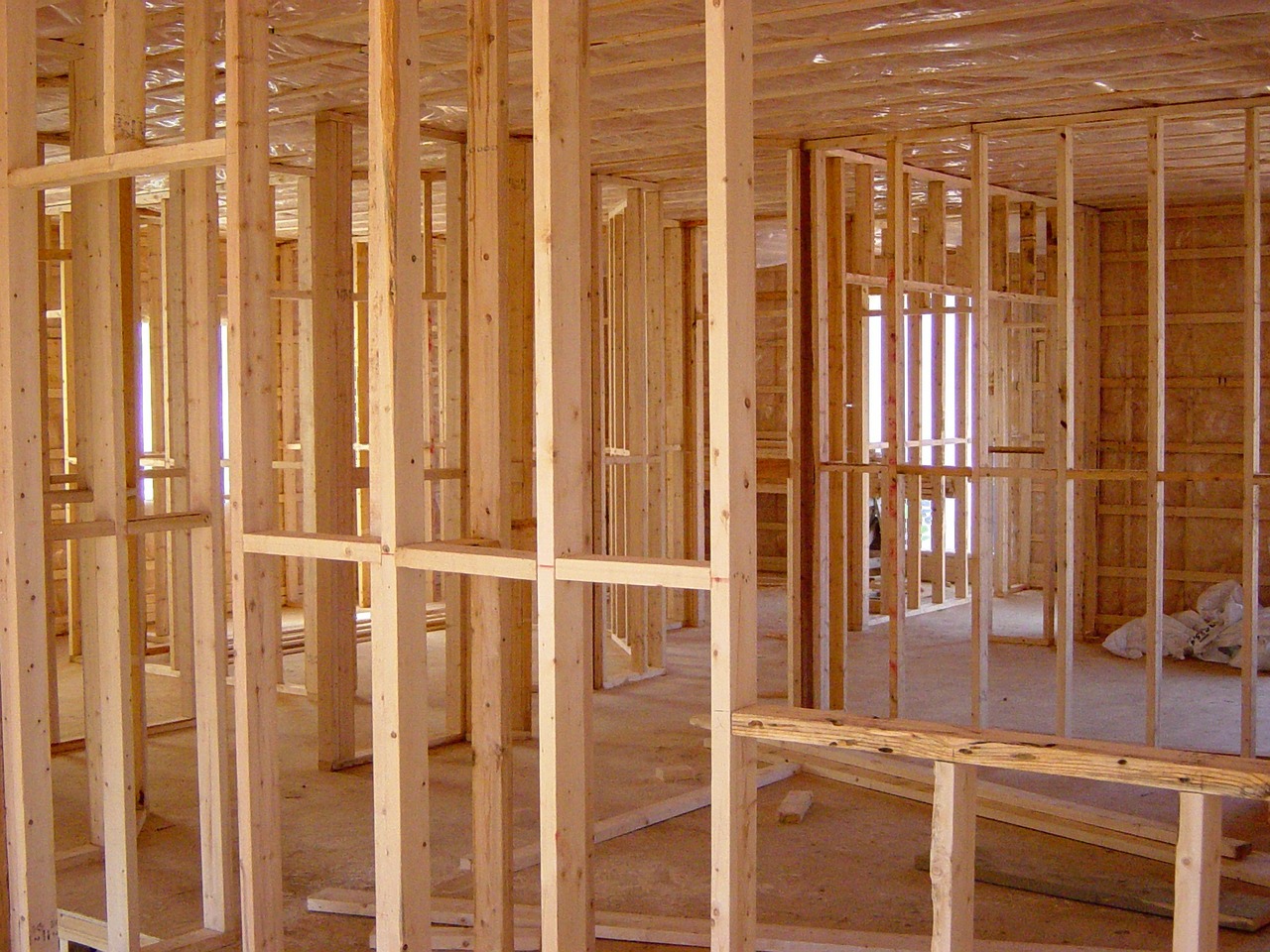ImpactAlpha, June 1 – Multi-family housing has been among the most stable asset classes in U.S. real estate in recent years, and “affordable” has been among the most stable parts of the multi-family market. That is attracting the attention of investors seeking steady yields in volatile times.
“People with low incomes don’t jump around,” says Jeff Brenner, CEO of Impact Community Capital in San Francisco, which has made about half of its $1.9 billion in investments in affordable housing.
Investor demand means opportunities for Impact Community Capital and other impact fund managers to attract capital to build or preserve sorely needed units. In 2015, more than 11 million renter households in the U.S. spent more than half of their income in rent. Last year’s U.S. tax-cut bill made financing even tougher by cutting the value of federal low-income housing tax credits, which are an essential part of most affordable-housing deals.
Impact Community Capital, which was founded by and is owned by major insurance companies, has leveraged assets through mechanisms such as securitized affordable-housing mortgages. Five securitizations have raised $788 million, according to the firm, which says it has financed 45,000 units. Impact Community Capital had $358 million in assets under management as of last September.
Two recent investments are typical, and not nearly enough. In San Antonio, Impact Community Capital has helped open The Bristol, a 96-unit development for families earning up to 60% of the median area income. More than 44% of San Antonio’s renters struggle to pay for housing. Construction crews have broken ground on Village Circle, an 84-unit development in Denton, Maryland, for families in the same income brackets.
“There’s a place for impact investing in solving this problem,” Brenner told ImpactAlpha.
Other investors are also testing new financing mechanisms to boost or maintain affordable housing in U.S. cities:
- A group of Colorado impact investors and philanthropic organizations have supported a new fund to buy and build affordable housing in Denver.
- The NOAH Impact Fund has raised more than $30 million to buy and preserve affordable rentals in Minneapolis and St. Paul. The F.R. Bigelow Foundation and the St. Paul Foundation have made program-related investments for the same cause in the Twin Cities.
- Capital Impact Partners and LISC are managing new housing preservation funds in Washington D.C.
Investors are increasingly realizing that social and community services can reduce the real-estate investment risks. Impact Community Capital has leveraged New Markets Tax Credits to invest in childcare, healthcare, and local business support. Conversely, some investors are investing in housing as a way to tackle “the social determinants of health.” Recent examples include:
- Healthcare network Kaiser Permanente is investing $200 million in affordable housing as a way of alleviating community health challenges.
- The Low Income Investment Fund is backing a senior affordable housing development in the Bronx, N.Y., which will include social services on-site.
- Impact Hub Austin is challenging Austin’s startup community to creatively tackle affordable housing through its dedicated accelerator program.











